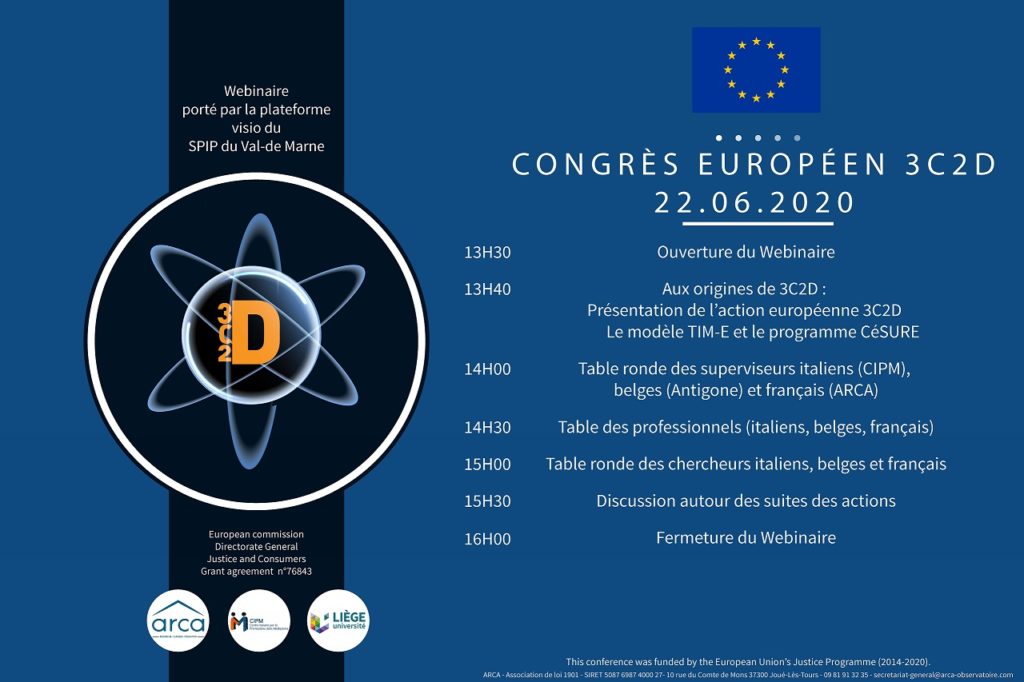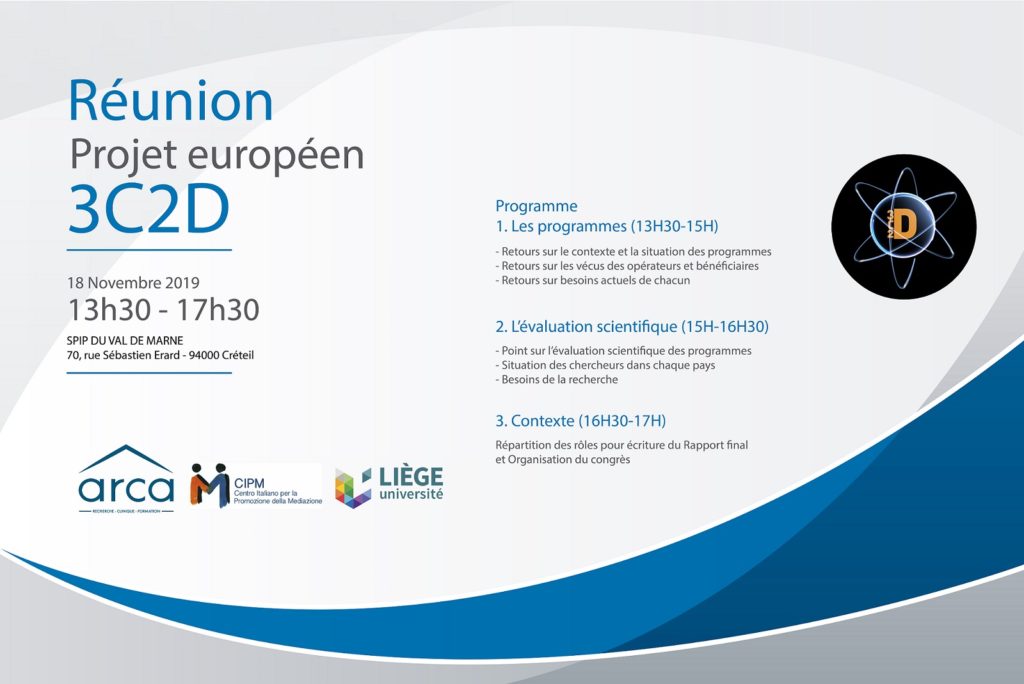Interests from CéSURE programme
Results of European research focused on four dimensions of implementation: which we conceptualize as behaviors of programme facilitators (fidelity, quality of delivery, and adaptation) and behaviors of participants (responsiveness) and present the evidence supporting these as predictors of programme outcomes (Berkel, et al. 2011).
About quality of programme, feelings of professionals and ownership of the programme: Positive feedback.
(Quantitative and Qualitative studies: for beginning and follow-up of control and experimental programmes.)
- Trained professionals show positive feedback on the programme, with good ownership of the materials and integration into their practice and the definition of their profession. Supervisions are regular and depending on the country are in line with the needs of professionals.
- Offenders have found that the programme brings a lot to people, inmates ask to continue the programme, with a particularly good alliance with professionals. This audience is difficult to manage usually. The programme thus facilitates the intervention.
About impacts on participants: The programme allowed participants.
(Quantitative and Qualitative studies: with differential analyses of effects on participants from control and experimental programmes, before and after experiments).
- A reduction of the excessive need to belong to a group and to reduce their negative feelings about political actions;
- A reduction in the negative impact of participants’ needs on their lives;
- Participants are less depressed, less sad, less crossed by moments of anger and that they relive fewer negative events from the past;
- Participants would experience less sense of injustice, less sense of being misunderstood and isolated and dissipated;
- Participants would now consider more that the future depends on themselves, and that they therefore have power over it;
- Better identify of their needs (participations) and better regulation of their life plan and protective/risk factors.



